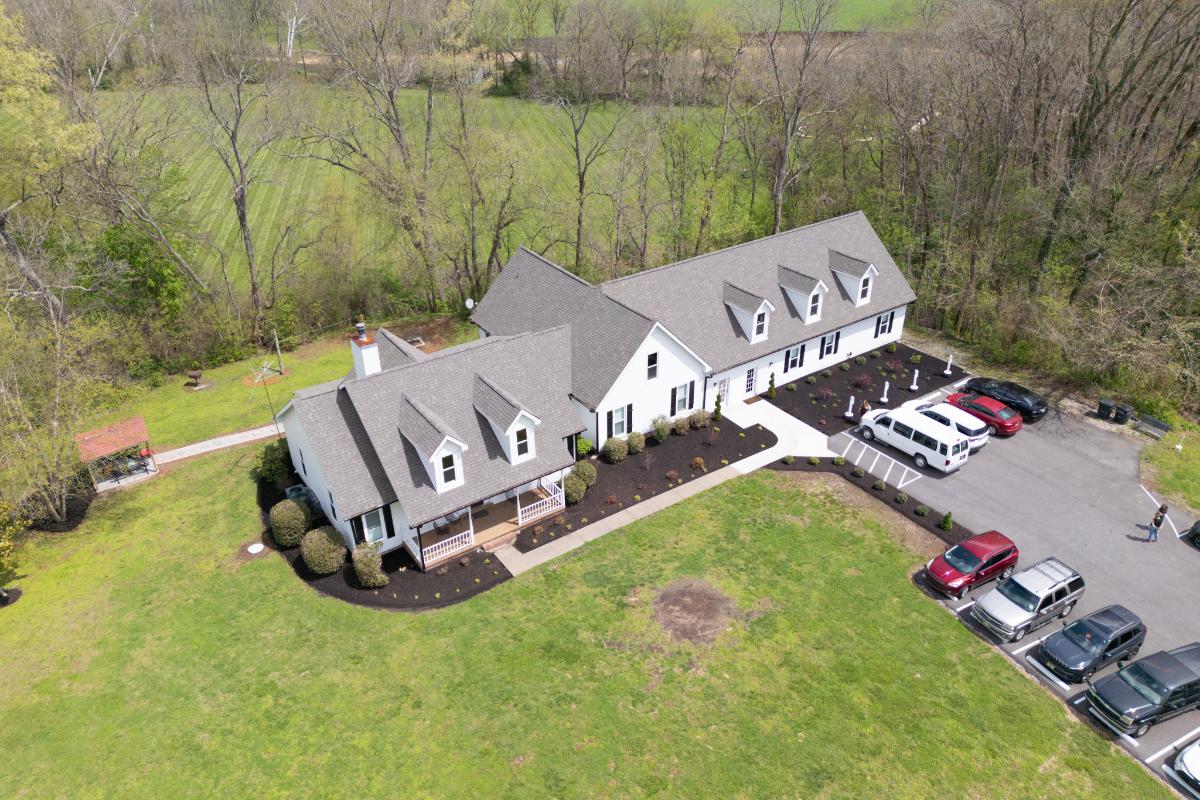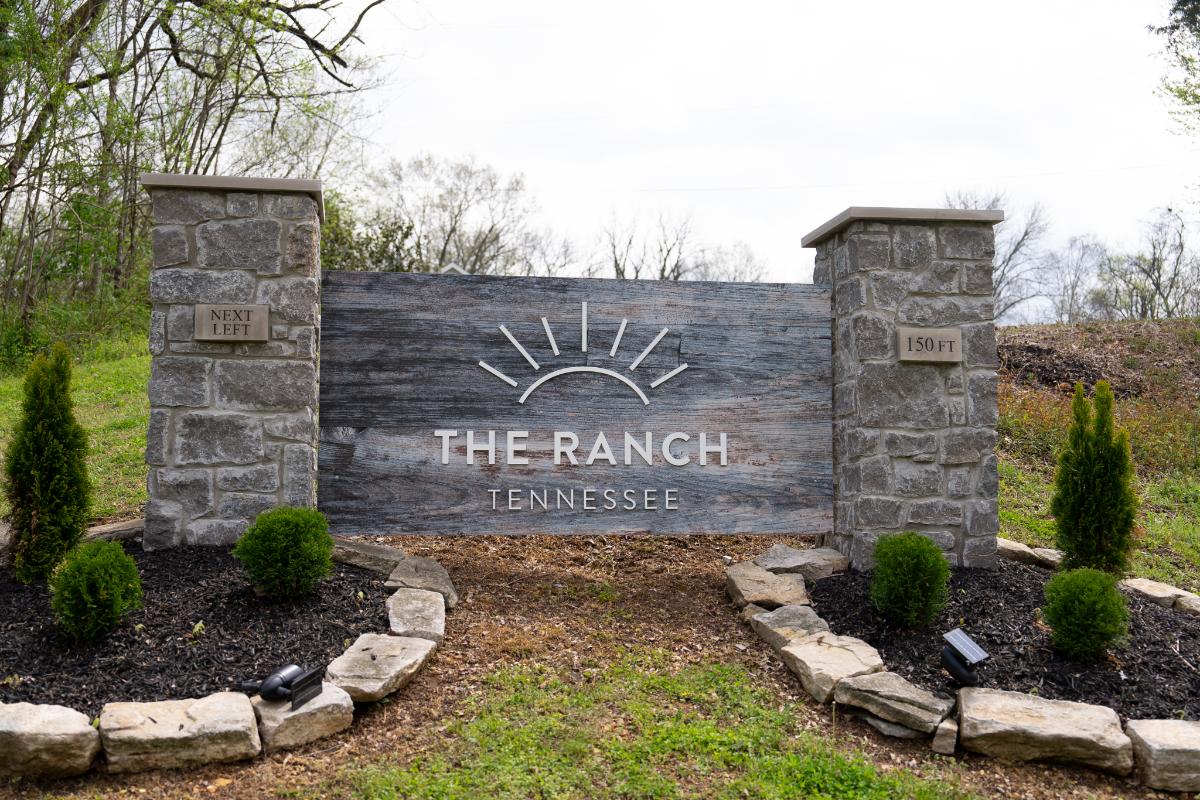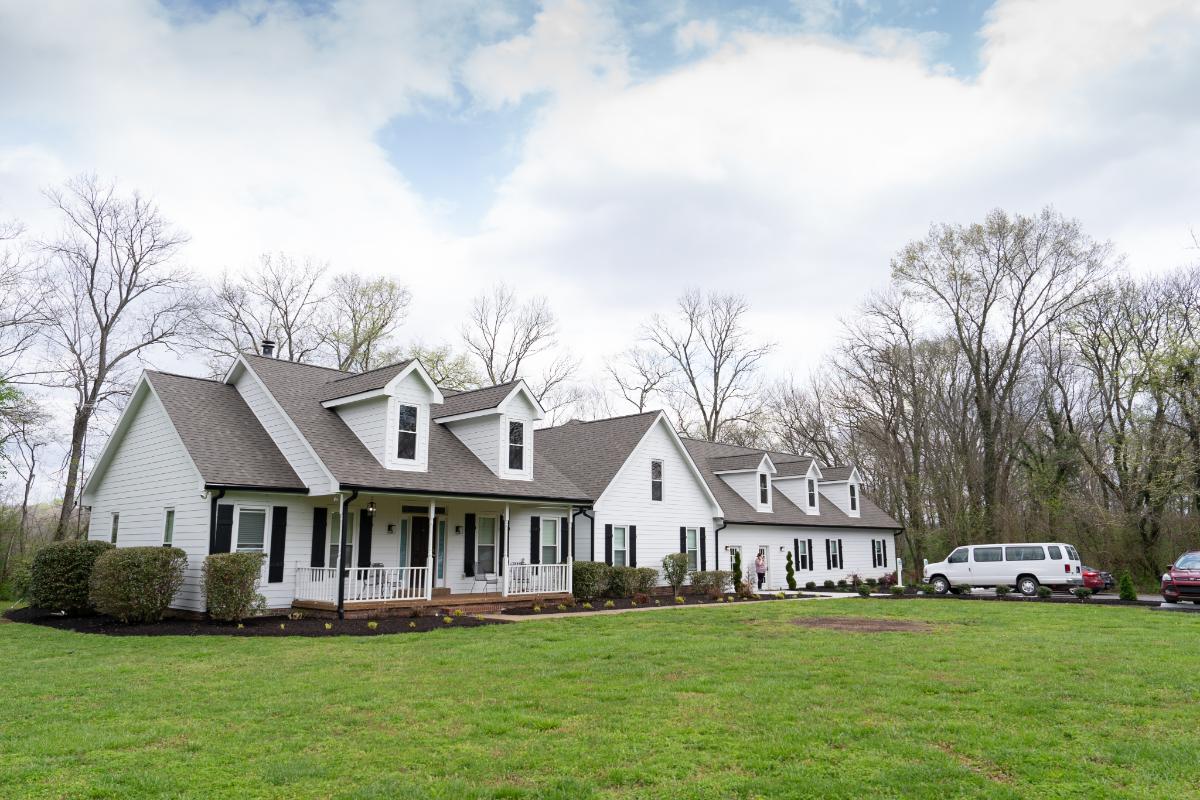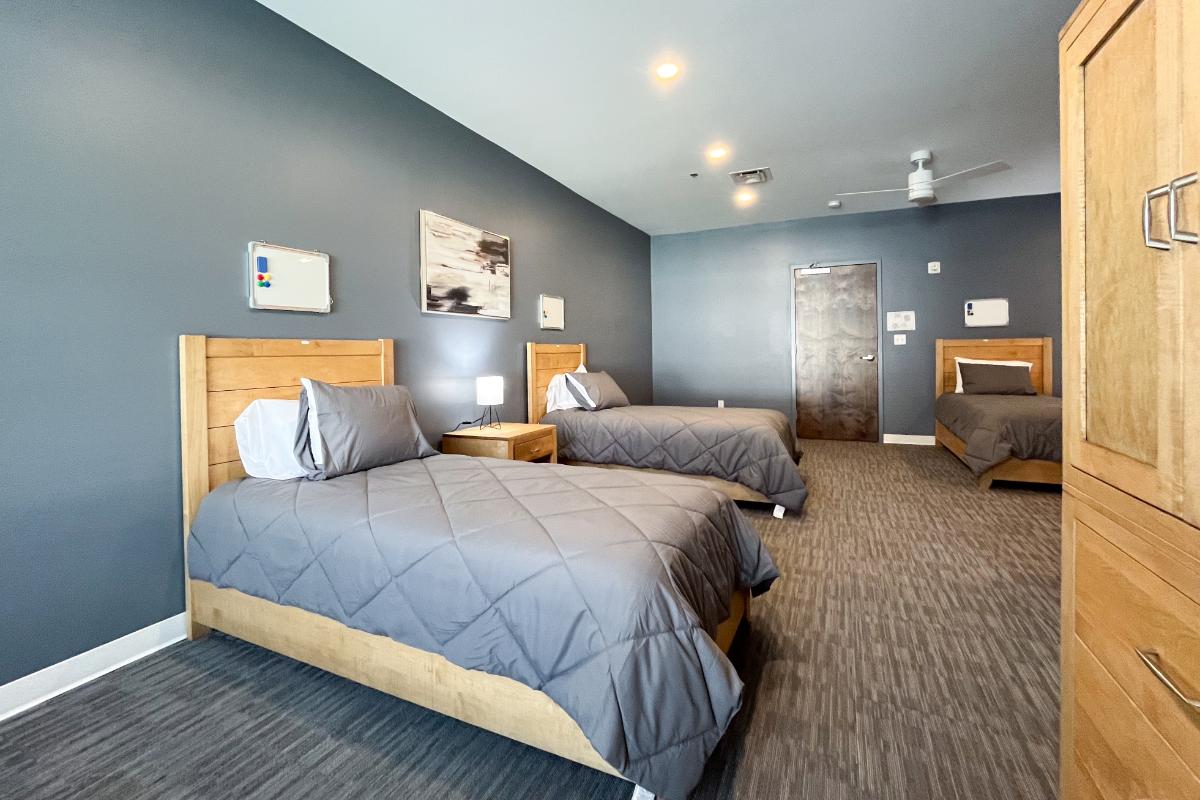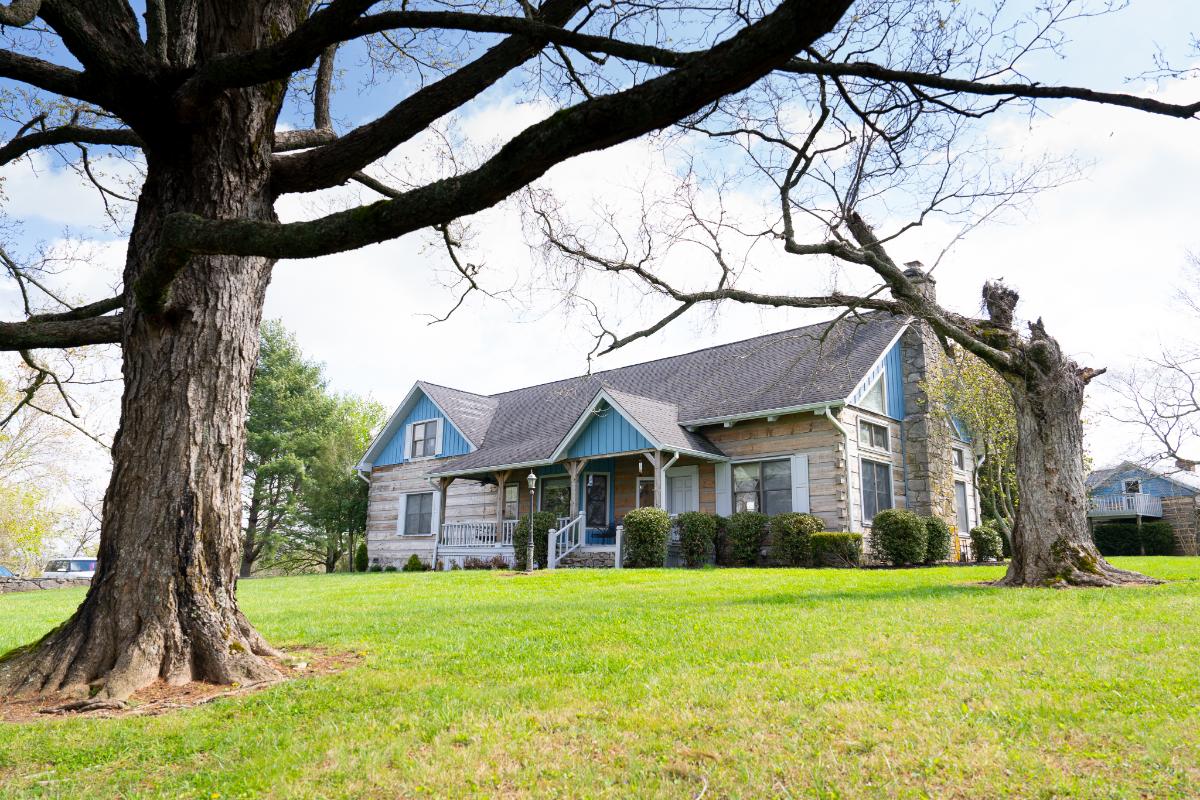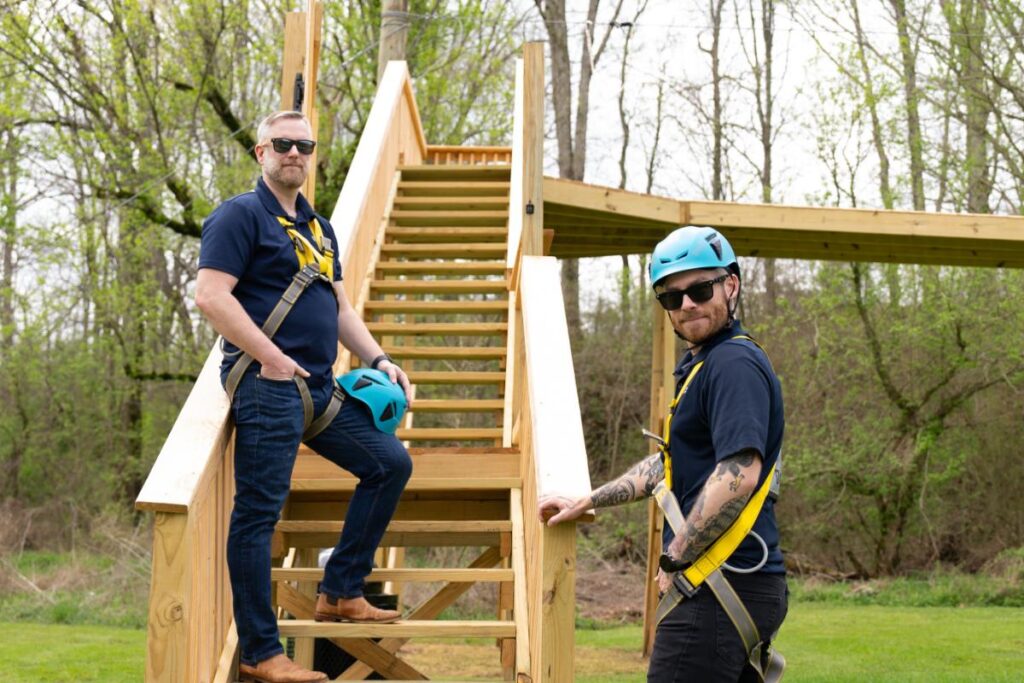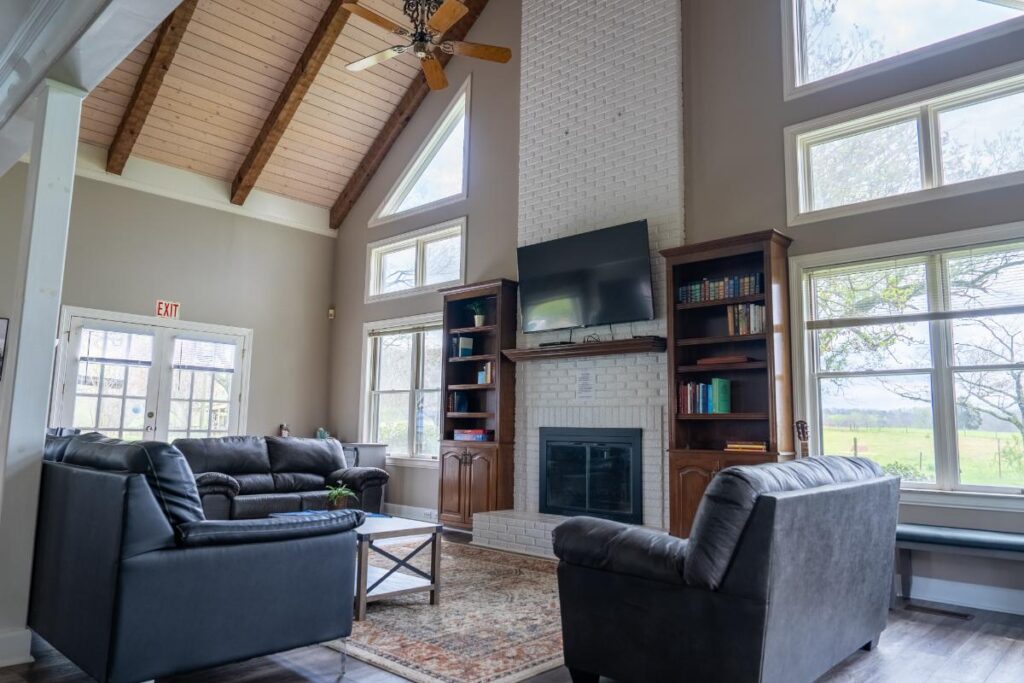
A Better Life is Waiting,
We Can Help
The Ranch TN Mental Health and Addiction Treatment Center
THE RECOVERY RANCH TN ACCREDITATIONS
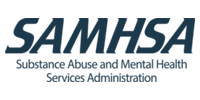




About The Ranch
Our primary mental health treatment center in Tennessee offers a number of treatment programs for mental health disorders as well as compulsive behaviors and substance abuse. Located only 45 minutes from Nashville, The Ranch’s flagship location offers a scenic and calming backdrop to work on your recovery. If you or a loved one is ready to begin the journey to a healthier life, do not hesitate to call today.
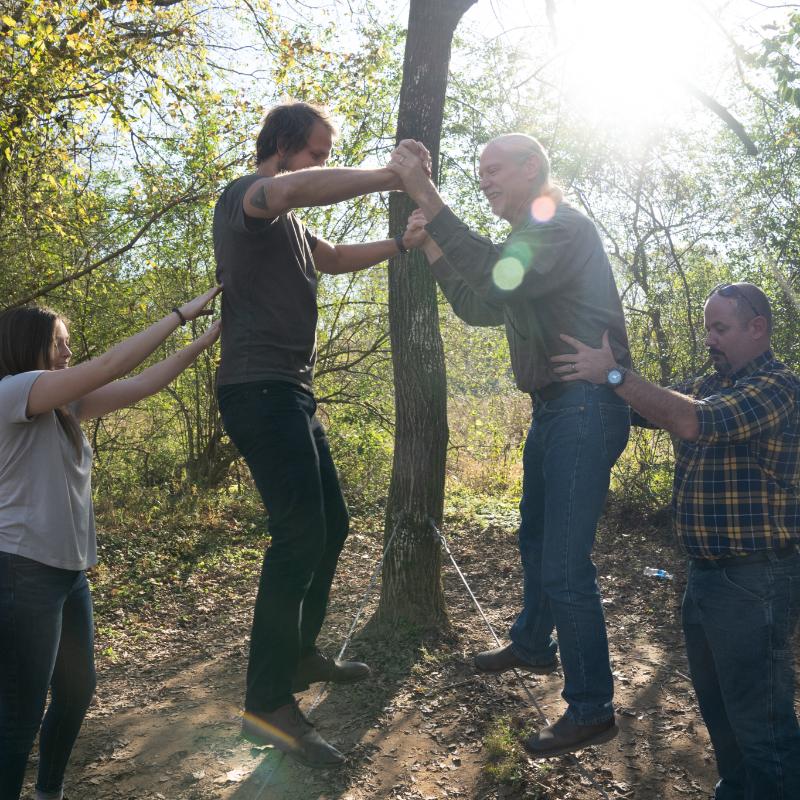
Treatment Programs
at The Recovery Ranch TN
About Our Mental Health Treatment Center
Our facility offers a serene environment for patients to focus on getting better. Find peace and purpose in the rolling hills of central Tennessee.




